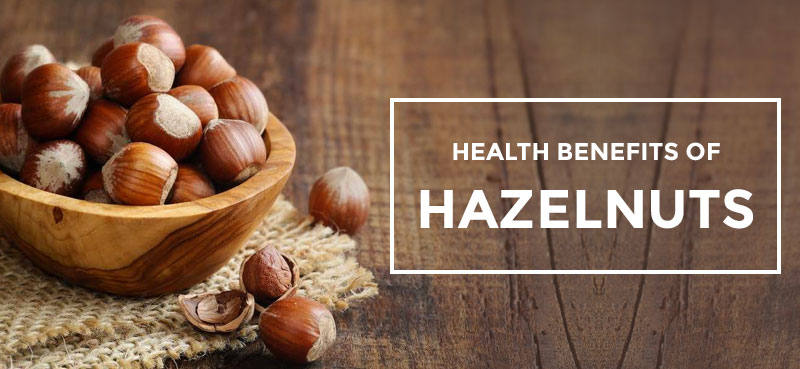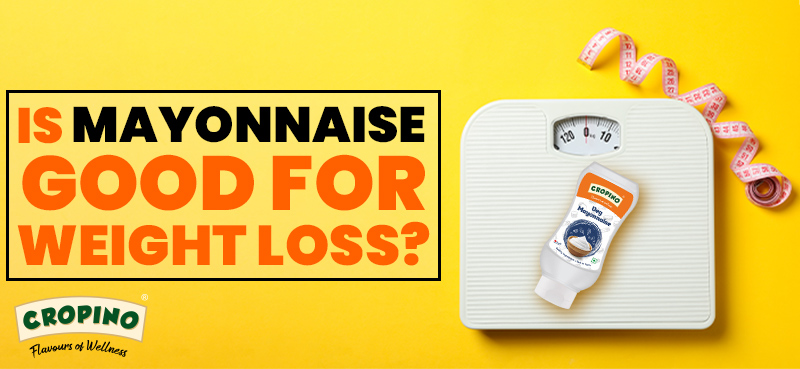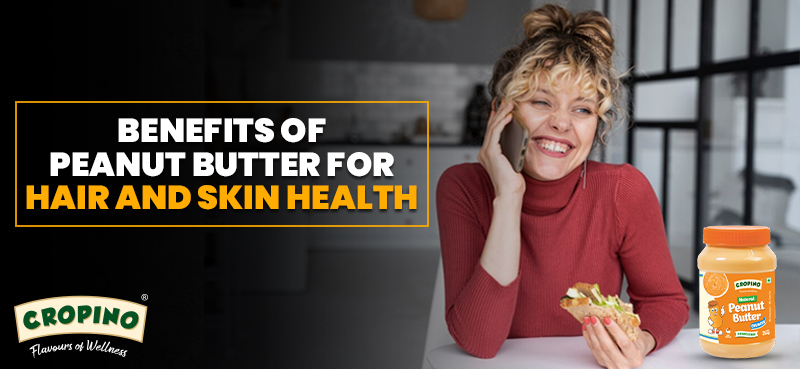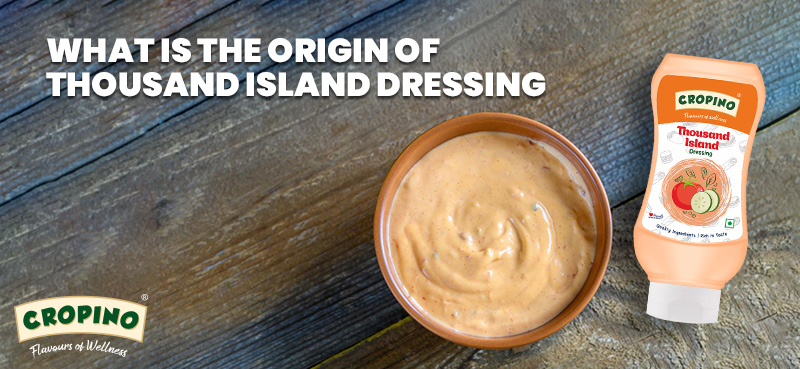Peanut butter is a calorie-dense food that is rich in healthy fats, proteins, and carbohydrates. It is also a great source of vitamins and minerals, such as vitamin E, magnesium, and potassium. For those looking to gain weight, incorporating CROPINO Peanut Butter into their diet can be an easy and tasty way to do so. Peanut butter is also easy to digest, making it a great option for those who struggle with digestive issues.
Peanut Butter Nutrition
Peanut butter is a nutritious food that provides a variety of important nutrients. Here are some key nutritional facts about peanut butter:
Protein: Peanut butter is a good source of protein, with about 7-8 grams per 2 tablespoon serving.
Healthy fats: Peanut butter contains mostly unsaturated fats, which are beneficial for heart health. It also contains some saturated fat.
Fiber: Peanut butter is a good source of dietary fiber, with about 2 grams per serving.
Vitamins and minerals: Peanut butter contains several important vitamins and minerals, including vitamin E, magnesium, potassium, and phosphorus.
Calories: Peanut butter is relatively high in calories, with about 190-200 calories per 2 tablespoon serving.
Sugar: Some brands of peanut butter contain added sugars, so it’s important to check the nutrition label and ingredient list.
When choosing peanut butter, it’s generally best to opt for natural peanut butter that contains only peanuts and salt, as it’s likely to have a higher nutrient content and fewer added sugars and unhealthy fats. Peanut butter can be a healthy addition to a balanced diet in moderation, but it’s important to watch portion sizes due to its high calorie content.
Peanut Butter and Weight Gain
Peanut butter is a calorie-dense food, meaning it contains a high number of calories per serving. One tablespoon of peanut butter contains around 100 calories, making it an excellent option for those looking to gain weight. In addition, peanut butter is rich in healthy fats and protein, both of which are essential for muscle growth and weight gain.
When it comes to consuming peanut butter for weight gain, it is important to be mindful of portion sizes. While peanut butter is a nutritious food, it is also high in calories, so it is important to consume it in moderation. Experts recommend consuming 1-2 tablespoons of peanut butter per day for weight gain.
Peanut butter can also be consumed as a pre-workout or post-workout snack. Peanut butter protein can help repair muscle tissue after a workout, while the carbohydrates can provide the energy needed to power through a workout.
Choosing the Right Peanut Butter
Not all peanut butter is created equal. When selecting peanut butter for weight gain, it is important to choose a brand that is natural and minimally processed like CROPINO Peanut Butter. It is made with only two ingredients – peanuts and salt – and does not contain added sugars, hydrogenated oils, or other unhealthy ingredients.
When selecting peanut butter, it is also important to read the labels carefully. Some brands of peanut butter may contain added ingredients, such as sugar, salt, or preservatives. These added ingredients can increase the calorie and fat content of the peanut butter, which may not be desirable for those looking to gain weight.
Ways to Incorporate Peanut Butter in Your Diet
There are many ways to incorporate CROPINO Peanut Butter into your diet. Here are a few ideas:
Smoothies and shakes: Adding a tablespoon or two of peanut butter to a smoothie or shake can provide extra calories, healthy fats, and protein. Try blending peanut butter with banana, milk, and a scoop of protein powder for a delicious and filling post-workout snack.
Baking with peanut butter: Peanut butter can be used as a substitute for butter or oil in many baking recipes. Try adding peanut butter to your favorite muffin or cookie recipe for a nutritious and satisfying treat.
Topping on fruits or vegetables: Peanut butter can be used as a dip or topping for fruits and vegetables. Try dipping apple slices or carrot sticks in peanut butter for a tasty and filling snack.
Peanut butter sandwiches or toast: Peanut butter sandwiches or toast are a classic way to enjoy peanut butter. Try adding sliced bananas or honey to your peanut butter sandwich or toast for an extra burst of flavor.
Peanut Butter and Health Concerns
While peanut butter can be a healthy and nutritious food, there are some health concerns to be aware of.
Here are a few:
Peanut allergies: Peanut butter is made from peanuts, which can cause severe allergic reactions in some people. If you have a peanut allergy, it is important to avoid peanut butter and other peanut products.
High calorie and fat content in peanut butter: While peanut butter can be a great option for weight gain, it is important to consume it in moderation. One tablespoon of peanut butter contains around 100 calories and 8 grams of fat. Consuming too much peanut butter can lead to weight gain and other health issues.
How to balance peanut butter with other healthy foods: To get the most health benefits from peanut butter, it is important to balance it with other healthy foods. Try pairing peanut butter with fruits, vegetables, and whole grains to create a balanced and nutritious meal.
Conclusion
Peanut butter is a delicious and versatile food that can be a great addition to a weight gain diet. By choosing CROPINO Natural Peanut Butter, consuming it in moderation, and balancing it with other healthy foods, you can enjoy the many benefits of peanut butter while reaching your weight gain goals.
Read Next Blog:
What is The Origin of Thousand Island Dressing
FAQs
Can I eat peanut butter every day for weight gain?
While peanut butter is a nutritious food, it is important to consume it in moderation. Experts recommend consuming 1-2 tablespoons of peanut butter per day for weight gain.
Can peanut butter be used as a pre-workout snack?
Yes, peanut butter can be a great pre-workout snack. The carbohydrates in peanut butter can provide the energy needed to power through a workout, while the protein can help repair muscle tissue.
Is natural peanut butter healthier than processed peanut butter?
Yes, natural peanut butter is healthier than processed peanut butter. Natural peanut butter is made with only two ingredients – peanuts and salt – and does not contain added sugars, hydrogenated oils, or other unhealthy ingredients.















